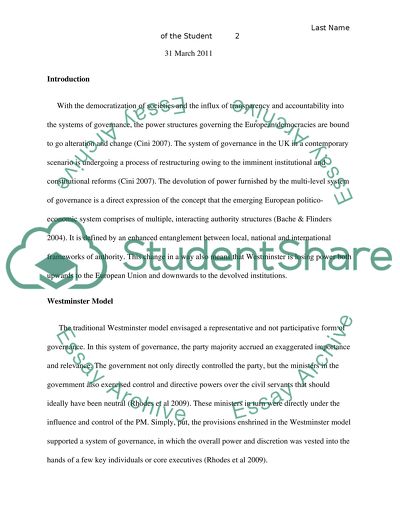Cite this document
(“PARLIAMENT, POLITICS AND POLICY MAKING: CHALLENGES TO WESTMINSTER: Coursework”, n.d.)
Retrieved from https://studentshare.org/finance-accounting/1414249-parliament-politics-and-policy-making-challenges
Retrieved from https://studentshare.org/finance-accounting/1414249-parliament-politics-and-policy-making-challenges
(PARLIAMENT, POLITICS AND POLICY MAKING: CHALLENGES TO WESTMINSTER: Coursework)
https://studentshare.org/finance-accounting/1414249-parliament-politics-and-policy-making-challenges.
https://studentshare.org/finance-accounting/1414249-parliament-politics-and-policy-making-challenges.
“PARLIAMENT, POLITICS AND POLICY MAKING: CHALLENGES TO WESTMINSTER: Coursework”, n.d. https://studentshare.org/finance-accounting/1414249-parliament-politics-and-policy-making-challenges.


